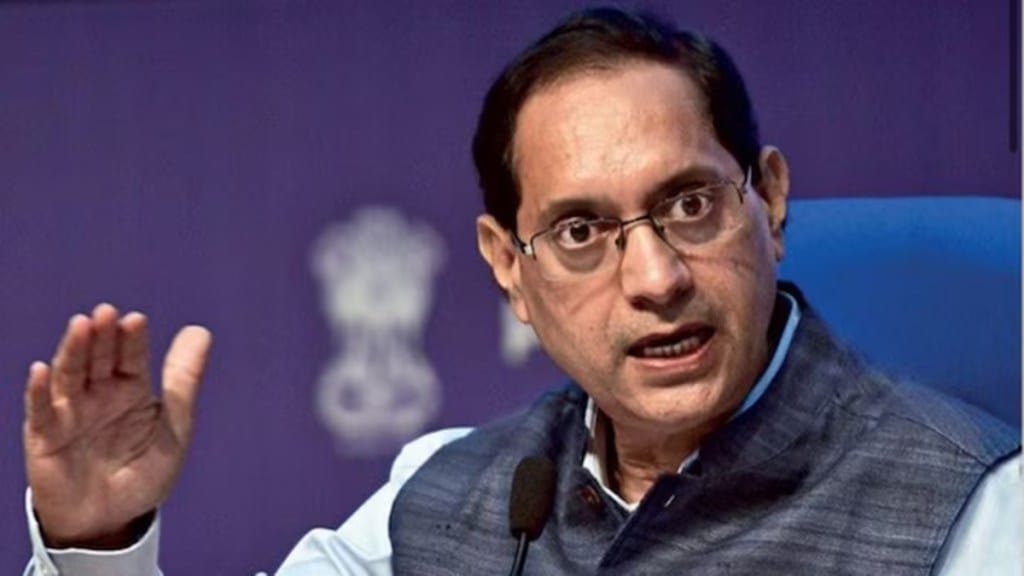Tuhin Kanta Pandey, chairman, Securities and Exchange Board of India (SEBI) on Friday called for redefining the role of independent directors – from being honorary appointees or friendly critics to stewards of accountability.
“Many directors are highly qualified, but unfamiliar with emerging risks of AI governance, cyber threats, ESG disclosures. Independent directors must feel free to dissent,” Pandey said while addressing the 2025 Annual Directors’ Conclave.
He added that governance should be treated as a breathing value and not a checklist. Boards should talk about succession planning, CEO compensation, probe culture and review whistle-blower trends with curiosity. “We must treat culture as a board-level responsibility, just like financials, risk, or strategy, ” he added.
Boards must be navigators, not passengers
To strengthen boardrooms, directors should remain alert, agile, and equipped with the right tools, insights, and support to ‘navigate’ new reality. Company boards face challenges that are complex, fast-moving and often without precedent.
“We are living in a time of rapidly changing geopolitical dynamics and rising uncertainty. The emergence of disruptive new technologies and growing geo-economic fragmentation are reshaping how businesses operate and how they survive,” he said.
He evoked the image of a company as a ship with the CEO at helm, confidently steering toward quarterly targets. The engines are roaring, the markets are shifting, the weather is unpredictable. The questions are who is watching the compass, who is scanning the horizon for ethical fog, for reputational storms, for regulatory icebergs.
“It’s not enough to move fast. We have to move in the right direction. That is the very purpose of corporate governance. Now imagine that ship isn’t steered by just one captain, but a team, each with different instruments, different vantage points, but a shared responsibility to keep the journey safe, legal, and honorable. That team is the board,” he said.
From compliance to courage
India has made remarkable progress in corporate governance. In the listed space, SEBI has deepened corporate governance over the past two decades. The requirements regarding composition, independence and responsibilities of boards and their committees, including audit, nomination and remuneration, and risk management committees are clear, he said.
Directors are to act with integrity and purpose, question and engage with management without bias or hesitation, and offer thoughtful scrutiny of strategy and risk. Boards should think independently, apply sound judgement, and uphold the interests of stakeholders.
“The foundation is strong. But a foundation is not a fortress. Boards devote significant time to review compliance, while important signals about organizational culture are barely discussed. Independent directors sit at the table. Are they being heard? We have diversity on paper. Do we have diversity of thought?” he asked.
The world has fundamentally changed. Start-ups go public with soaring valuations but no profit history. AI models make pricing and hiring decisions. Reputational damage spreads faster than we can respond. Boards, however, haven’t evolved at the same pace. Independent directors should be picked from beyond familiar networks and known circles.
“We must embrace governance technology. Let’s stop viewing digital tools as burdens or threats. Imagine dashboards that track employee exits, whistle-blower complaints, ESG trends, or vendor concentration risks,” he said.
True board strength comes from friction, respectfully managed, optimal and constructive. Regulators can mandate structure, not courage. When performance dips, and pressure rises, the governance model speaks loudest. It depends not on your policies, but on your people. Let’s invest in shaping those people. The future deserves it, Pandey said.
